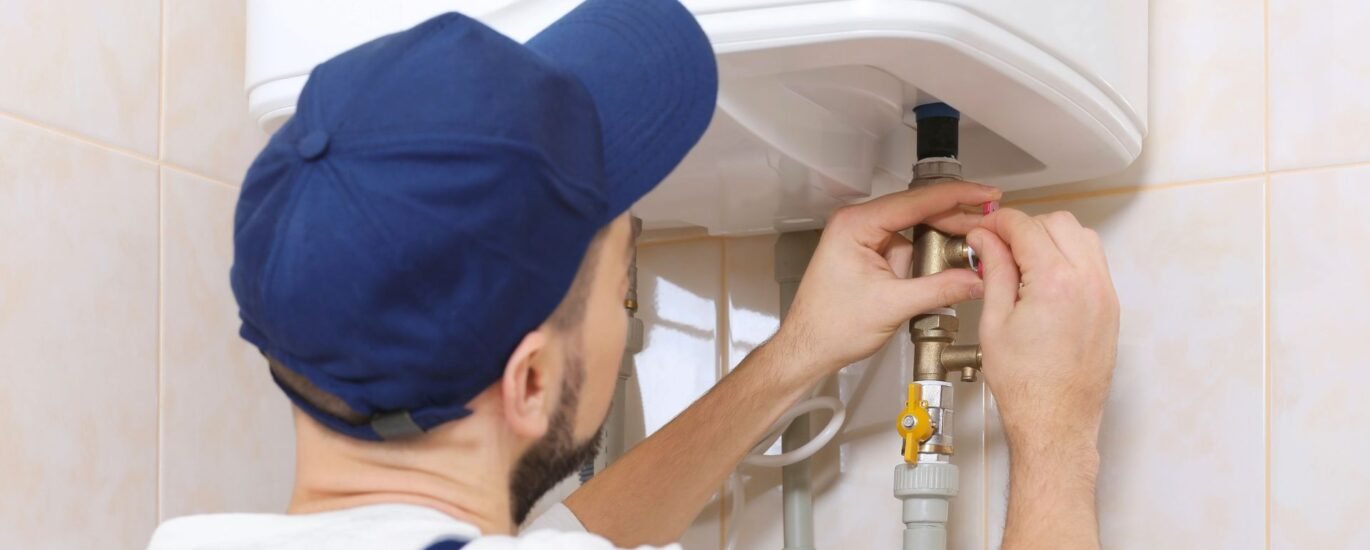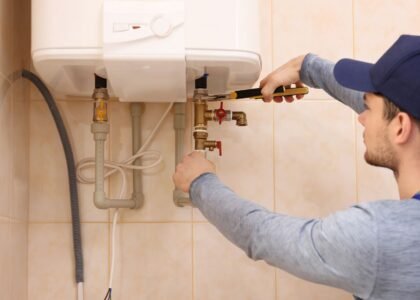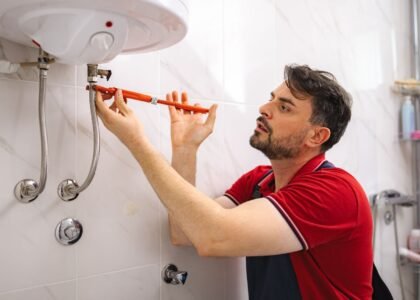Title: Tank vs. Tankless Water Heaters: Which Needs Less Repair Long Term?
Introduction
When choosing a hot water system, many Fullerton homeowners wonder which option will cost less in repairs over time: tank or tankless water heaters. In this post, we’ll break down both types, compare common issues, and help you decide which might lead to fewer headaches and repair costs in the long run.
Tank Water Heaters: Pros, Cons, and Repair Trends
How They Work
- Store large amounts of hot water in a tank.
- Heating via gas burner or electric element.
- Cold water enters from bottom; hot exits from top when needed. plumbersfullerton.com
Common Repair Issues
- Sediment buildup: accumulates at tank bottom, causing noise and inefficiency.
- Heating element or burner failures: elements wear out; burners get dirty or damaged.
- Tank corrosion and leaks: inside rust or cracks can lead to water escaping.
- Pressure & temperature valve issues: leaks or malfunction if pressure too high.
- Thermostat problems: misreading temperature, overheating or under-heating.
Tankless Water Heaters: What Unique Repairs They Face
How They Work
- Heat water on demand rather than storing it.
- More efficient in many cases but flow limitations if multiple fixtures run simultaneously. plumbersfullerton.com
Common Repair Issues
- Mineral scaling: water passing through heating elements can leave deposits, reducing efficiency.
- Flow sensor malfunctions: parts that detect water flow may wear out.
- Ignition or gas valve issues: in gas models, or electrical component issues for electric ones.
- Overload or undersizing problems: if demand exceeds capacity.
Comparative Repair Frequency & Cost
Here’s how the two compare in terms of upkeep and repair trends:
| Feature | Tank Water Heaters | Tankless Water Heaters |
|---|---|---|
| Frequency of basic repairs | Moderate — heating elements, sediment, leaks are common | Lower for heating maintenance, higher for sensors / ignition parts |
| Lifespan before major problems | 10-13 years typical; risk of tank leaks or rust as age | Often longer; less wear on stored water, but components still age |
| Energy efficiency over time | Degrades with sediment & tank insulation loss | Maintains efficiency better; no standby loss |
| Upfront repair costs | Usually lower for small fixes; big problem = costly | Some parts can be more expensive; diagnostic complexity higher |
Maintenance Tips for Both Types to Reduce Repair Needs
Regardless of type, certain maintenance practices help avoid frequent repair:
- Flush your tank or run cleaning cycles to remove minerals.
- Check and adjust thermostat settings (≈ 120°F) to prevent overheating.
- Inspect and replace anode rods in tank units.
- Test temperature & pressure (T&P) valves.
- For tankless units, clean or descaling as needed.
- Ensure good airflow, proper venting, and clearances especially for gas units.
When Repair Becomes Less Reasonable
Sometimes even well maintained heaters need more than repair. Consider replacement if:
- Breakdowns are frequent.
- Repair cost approaches or exceeds half the cost of a new system.
- Efficiency losses lead to very high energy bills.
- Unit has reached or passed its expected lifespan.
Choosing What’s Right for Your Home
When selecting a water heater in Fullerton, think about:
- Hot water demand: how many bathrooms, peak usage times.
- Space & location: tank takes space; tankless needs venting, right installation.
- Budget: upfront cost vs repair & energy cost over time.
- Energy efficiency goals: reduce bills, environmental concerns.
Linking to Repair Services
To stay ahead of problems, remember the hallmarks of good care: catch issues early, have proper diagnostics, and use skilled repair services. If you’re noticing signs your heater needs work, check out these helpful resources:
- Our Water Heater Repair page lays out common issues and how repair works in Fullerton.
- When you’re ready to get someone looking at your unit, visit our Contact Us page to schedule service.





